50 years after the country was reunited, Vietnam has not only marked itself with economic and social development miracles, but also affirmed an immutable truth: culture is the "red thread" that runs through it, the mettle and spiritual strength that leads the nation to firmly overcome all challenges. In that flow, promoting the cultural values and people of Vietnam has become a strategic priority, a soft driving force for the journey of integration and sustainable development.
On the occasion of the 50th anniversary of the liberation of the South and national reunification (April 30, 1975 - April 30, 2025), reporters of the Industry and Trade Newspaper had an interview with Associate Professor, Dr. Bui Hoai Son, full-time member of the National Assembly 's Committee on Culture and Society, about the content of research, policy planning and development of Vietnam's cultural and creative industries in the digital age and globalization.
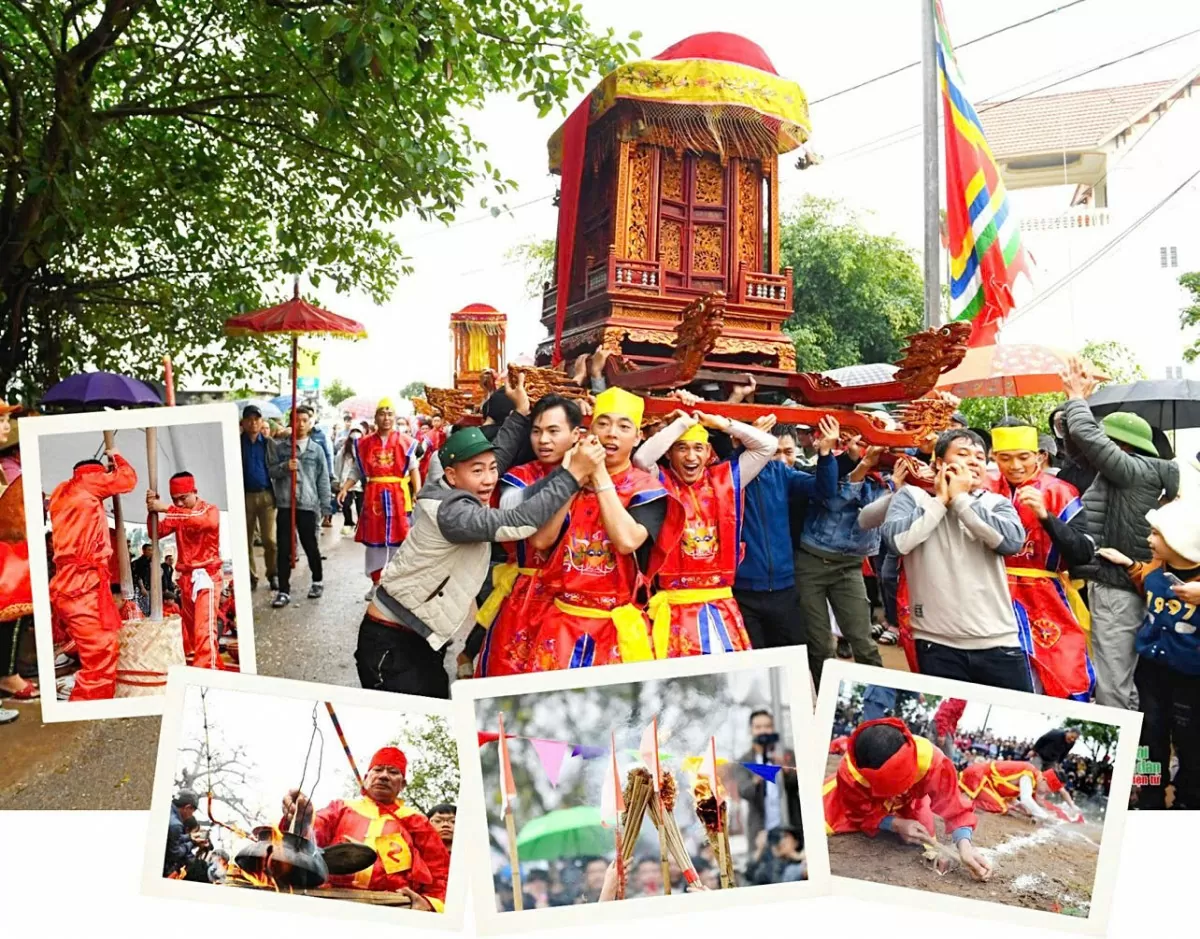 |
| Illustration: H. T |
Culture - spiritual support and foundation for sustainable development
- Dear Associate Professor, Dr. Bui Hoai Son, after 50 years of national reunification, how do you evaluate the role of culture in creating identity, strengthening great solidarity and supporting the spirit of development?
National Assembly Deputy Bui Hoai Son: I have noticed that over the past half century, culture has been present in every movement of the country. Not simply a treasure trove of traditional values, Vietnamese culture is the crystallization of the mettle, character and aspiration of a nation that has stood up resiliently after the war, to continue writing the epic of peace , solidarity and development. After the day of reunification, culture itself has played the role of a bridge, helping to heal the wounds of war, arousing the spirit of great national solidarity, and giving strength to every Vietnamese person to rise up in the face of difficulties and challenges.
It is worth appreciating that, although the country has gone through many stages of development - from subsidy to innovation, from planned economy to socialist-oriented market - culture has always constantly adapted, innovated, created and spread strongly, becoming a special "soft power" , both preserving national identity and enriching new values in international integration.
Today, as Vietnam enters the digital age, a strong culture that connects tradition and modernity, nation and the world, is enough to create Vietnamese character - a character that confidently integrates without dissolving, continues to nurture the aspiration for development, and builds a strong, happy, humane and courageous Vietnam in the 21st century.
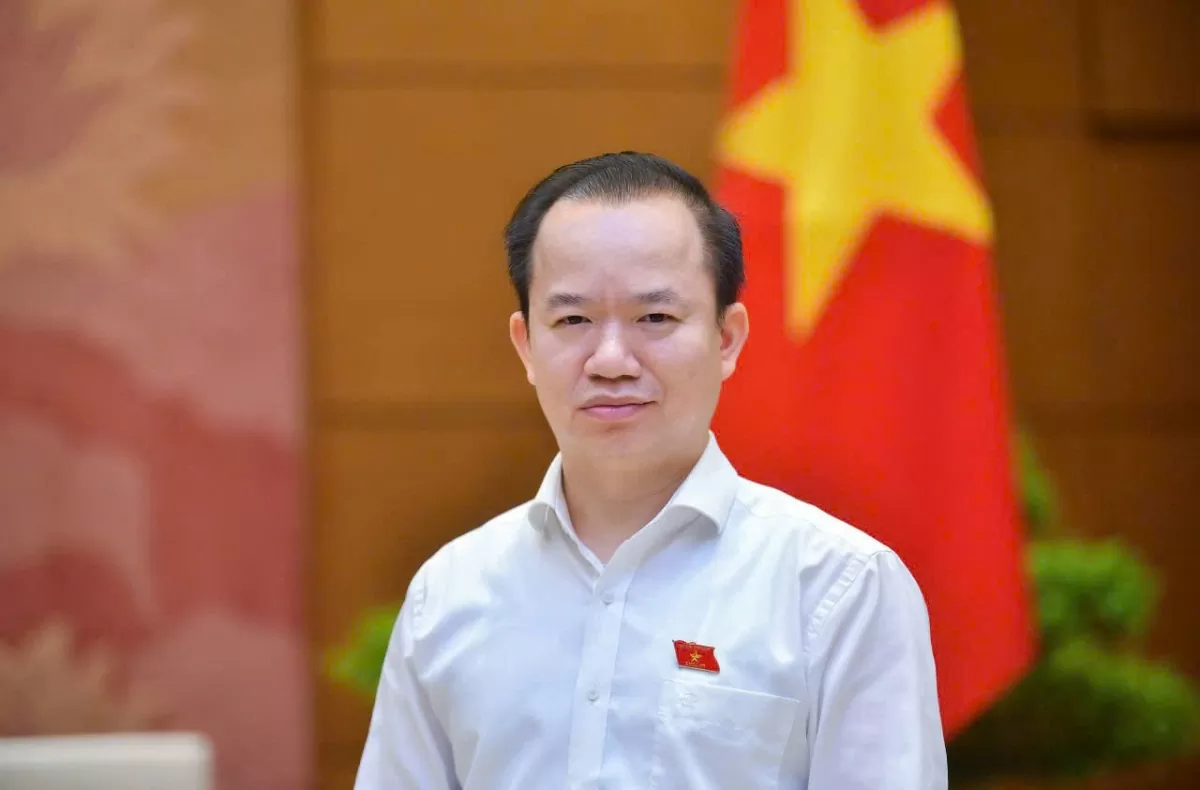 |
| National Assembly Delegate Bui Hoai Son. Photo: NVCC |
- In the period of innovation and integration, especially when aiming for sustainable development, how do you perceive the role of industry in green growth and knowledge economy?
National Assembly Delegate Bui Hoai Son: Culture, long considered the “source of creativity”, has now stepped out of its traditional space to integrate into the economic flow, becoming a soft resource capable of creating high added value, contributing directly to GDP growth through cultural industries such as cinema, music, design, video games, advertising, publishing, performing arts, etc. Not only creating revenue and jobs, these industries also inspire creativity, build national brands and promote cultural consumption.
In particular, in the trend of sustainable development and green growth, I see that the cultural industry has outstanding advantages: it consumes less natural resources, has the ability to regenerate quickly and creates a widespread momentum in society. Instead of mining or deforestation, we are exploiting brainpower, exploiting heritage, and exploiting the cultural strength of the Vietnamese people. A quality historical film, an inspiring piece of music, or a unique creative space - can all become "gold mines" in the new era, if properly invested and have a long-term development strategy.
Furthermore, culture and economy are no longer two separate worlds. When culture becomes the internal driving force of the economy, the economy is also the fulcrum for culture to develop more healthily and sustainably. Investing in culture is not a “cost” , but an “investment in the future” , because it creates an emotional and humane living environment, thereby forming a creative, united and progressive society.
Vietnam has also initially built a Strategy for the development of cultural industries, but I think that in the coming period, we need to be more drastic, more synchronous and put culture in the right strategic position that it deserves in the national development process. That is the path of smart countries - where people, intelligence and identity are considered the most valuable resources.
Preserving the national soul in the flow of modernization
- According to you, what is the biggest lesson in preserving and promoting heritage so as not to lose the "soul" of the nation in the modernization process?
National Assembly Deputy Bui Hoai Son: 50 years after the country's reunification, we can be proud to look back on the journey of preserving and promoting the nation's cultural heritage. Despite going through many historical periods with many challenges - from war, natural disasters to the wave of globalization and technology 4.0 - Vietnam's cultural heritage is still alive, spreading and continuing to be passed down through many generations. This not only demonstrates the intrinsic vitality of national culture, but also affirms the persistent efforts of the whole society in preserving the Vietnamese soul.
However, along with the strong development of the socio-economy, we must also frankly admit that the modernization process has posed many challenges: the risk of assimilation, pragmatic lifestyle, the decline of handicrafts, the forgetting of traditional festivals or the distortion of spiritual values under the pressure of the market. In that hurried flow, the biggest lesson - I think - is: to be modern without losing its roots, culture cannot be "preserved" as an antique, but must be "alive" in the midst of present life - with new breath, with creativity, with the participation of the whole community.
The second big lesson is: heritage preservation is not the job of the cultural sector alone, but the shared responsibility of the entire political system, businesses and people. Culture cannot be preserved by slogans or heritage lists alone, but needs to be nurtured by policy - by education - by the support of the media and the commitment of the community.
National reunification has brought us together in a single S-shaped strip of land. And now, preserving and promoting the heritage - with the spirit of innovation and integration - will be the spiritual "glue" to connect the past, present and future; connect each person, each community - to create a Vietnam rich in identity, full of aspirations and courage to rise up.
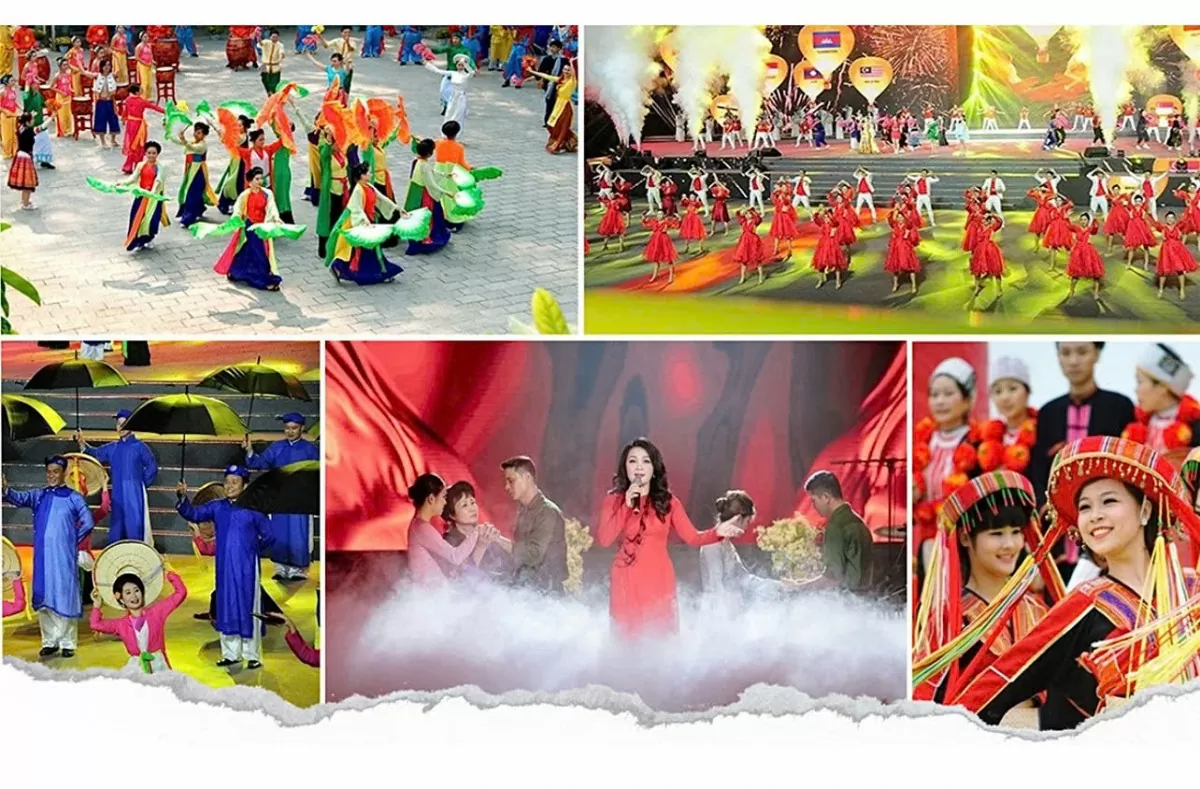 |
| Illustration: HT |
- As a National Assembly Delegate, can you share the major orientations and policies to develop culture in the new period - both serving the people and promoting the image of Vietnam?
National Assembly Deputy Bui Hoai Son: As stated in Resolution 33/NQ-TW: culture must be placed on par with economics, politics, and society, becoming a solid spiritual foundation of the nation. In the coming time, as far as I know, the National Assembly, the Government, and specialized agencies are focusing on a number of major policy pillars:
Firstly, perfecting a synchronous and modern cultural institution, including amending and supplementing laws related to advertising, press, publishing, etc. to create a strong enough legal corridor, both protecting cultural identity and encouraging innovation and international integration.
Second, building a cultural and creative industrial ecosystem, with a national target program on cultural development, preferential policies on land, tax, credit, public-private partnership, infrastructure investment for cultural centers, creative spaces, cinema complexes, art performance areas, etc., while supporting creative businesses and cultural startups to develop on digital platforms, ensuring a healthy competitive environment, continuous innovation and sustainable development.
Third, promote cultural and artistic education and training of creative human resources. Because without people - without talent - all strategies will only remain on paper.
Fourth, promote digital transformation in the cultural sector.
Fifth, cultural development is linked to national image and cultural diplomacy with a clear goal: turning Vietnam into a creative destination, where traditional culture is the foundation for modern resilience.
Finally - and most importantly - is the orientation of cultural development to serve the people. Culture must not be "placed on an ivory tower" but must permeate life, improve the quality of life, make each countryside have its own unique festival, each city have its own identity, and every citizen have the conditions to access beauty, goodness, and kindness.
I believe that, with strong political determination from the highest level, the synchronous participation of the entire system, and the aspirations of the people and the creative community, we can completely build an advanced Vietnamese culture, imbued with national identity, which is both a spiritual support and a driving force for development - a "soft passport" bringing the image of Vietnam to the world - confident, proud and full of courage.
Thank you!
Source: https://congthuong.vn/dai-bieu-quoc-hoi-bui-hoai-son-van-hoa-la-dong-luc-noi-sinh-sau-50-nam-thong-nhat-383741.html


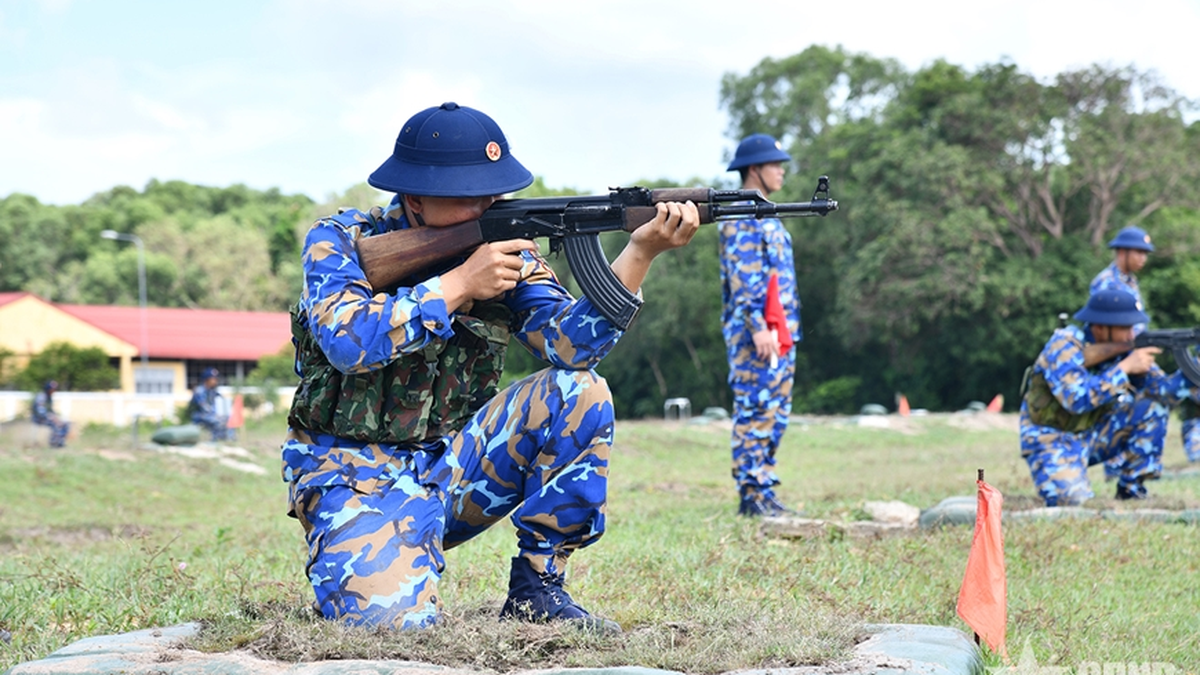
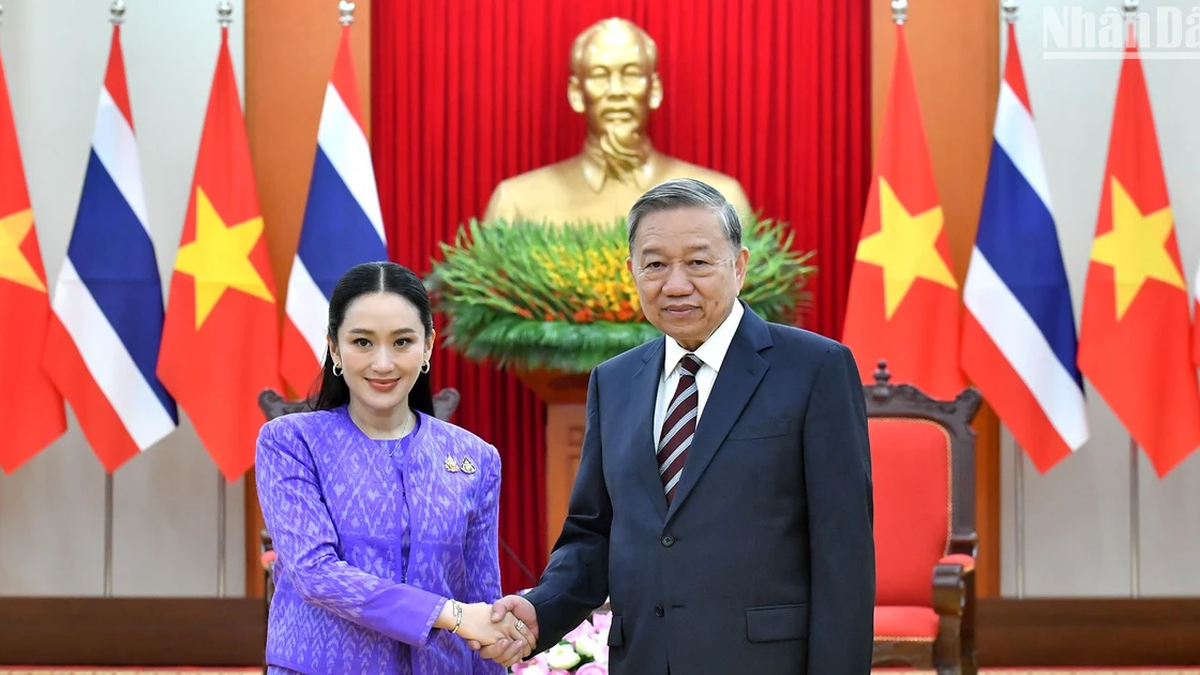

![[Photo] President Luong Cuong receives Prime Minister of the Kingdom of Thailand Paetongtarn Shinawatra](https://vphoto.vietnam.vn/thumb/1200x675/vietnam/resource/IMAGE/2025/5/16/52c73b27198a4e12bd6a903d1c218846)
![[Photo] Prime Minister Pham Minh Chinh and Prime Minister of the Kingdom of Thailand Paetongtarn Shinawatra attend the Vietnam-Thailand Business Forum 2025](https://vphoto.vietnam.vn/thumb/1200x675/vietnam/resource/IMAGE/2025/5/16/1cdfce54d25c48a68ae6fb9204f2171a)

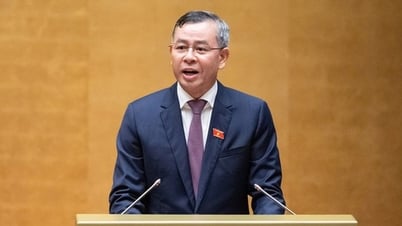

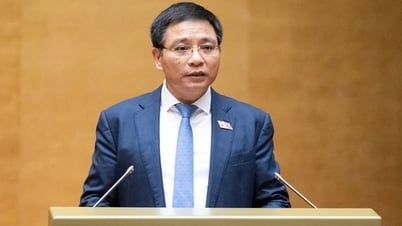
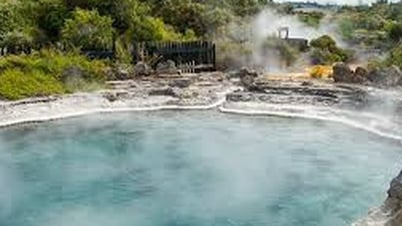
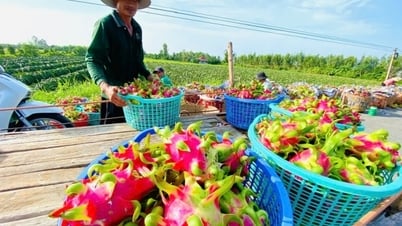


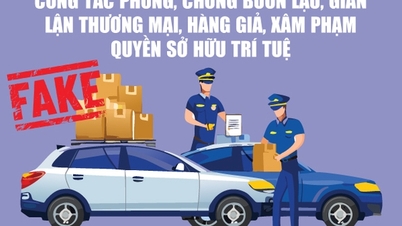




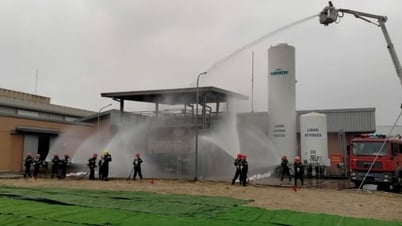
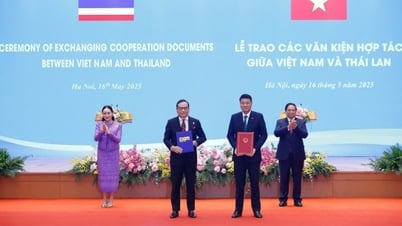
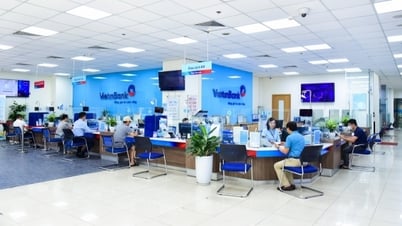
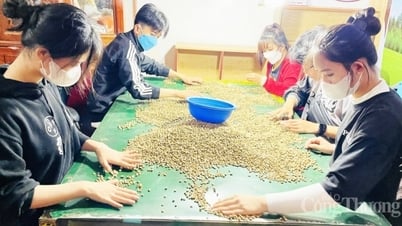
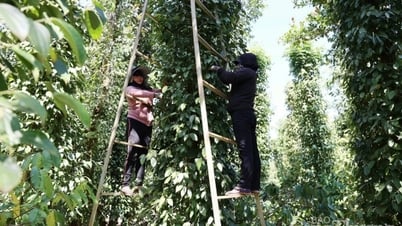

![[Photo] The Prime Ministers of Vietnam and Thailand witnessed the signing ceremony of cooperation and exchange of documents.](https://vphoto.vietnam.vn/thumb/1200x675/vietnam/resource/IMAGE/2025/5/16/935407e225f640f9ac97b85d3359c1a5)
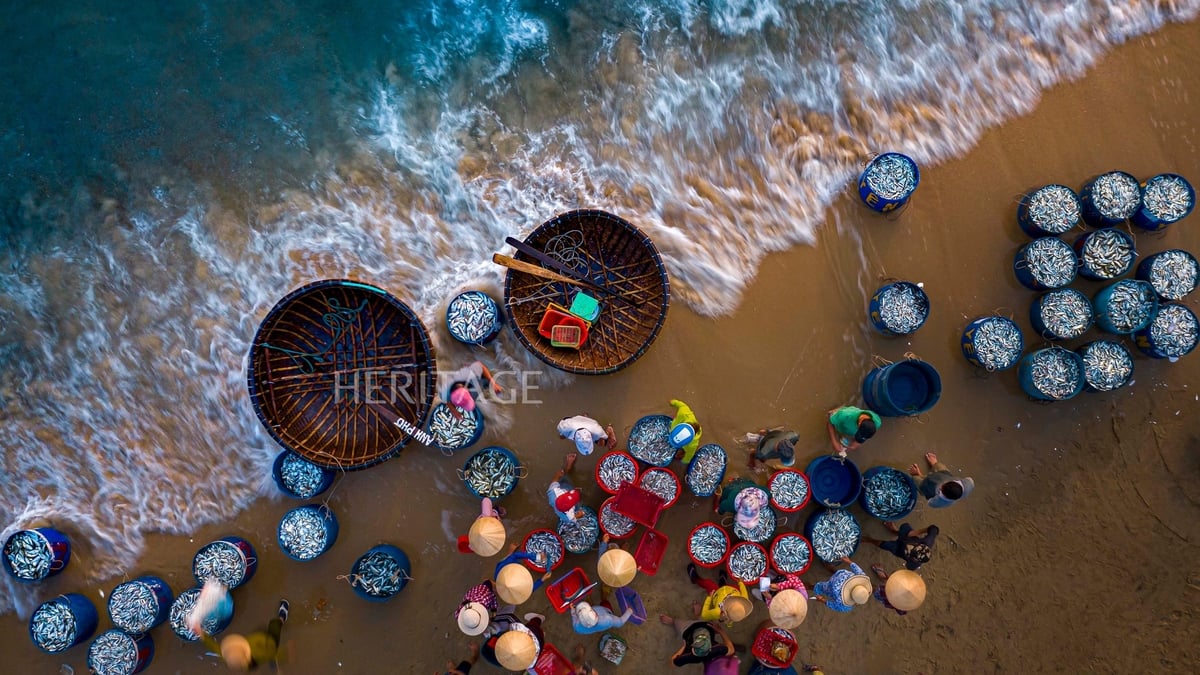




































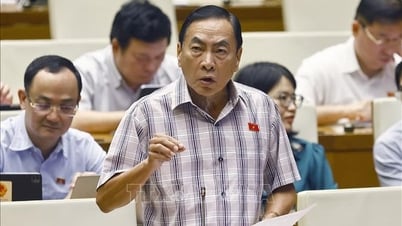
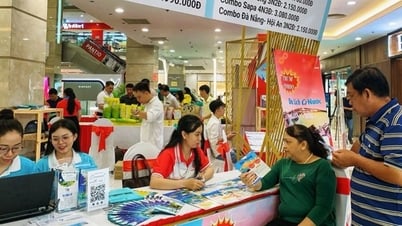

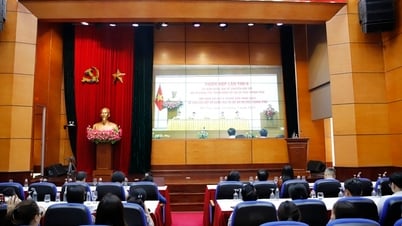
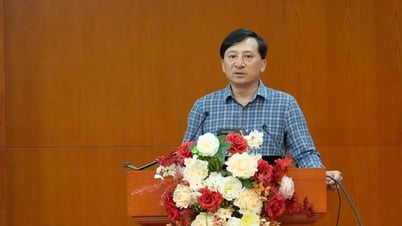

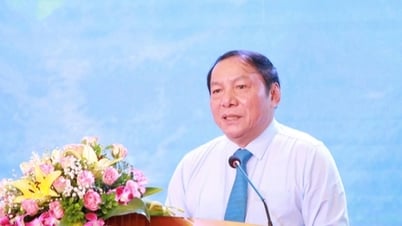

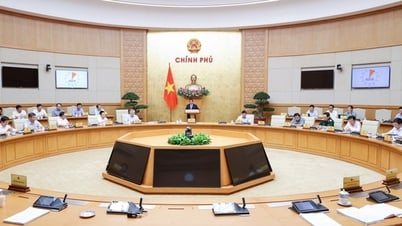
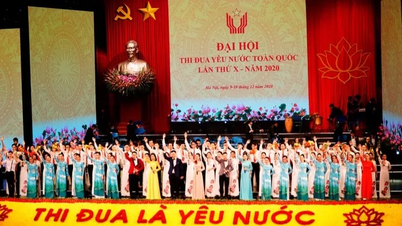

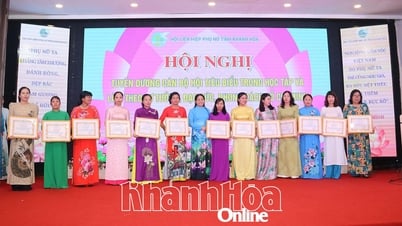

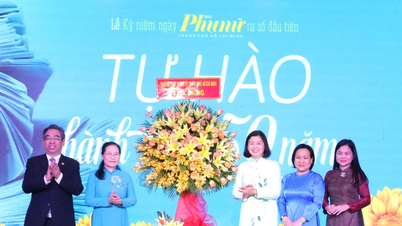
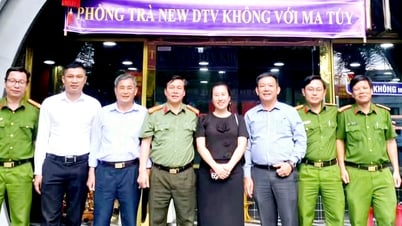

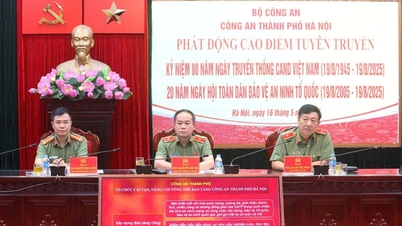

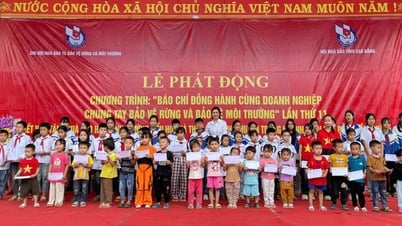










Comment (0)